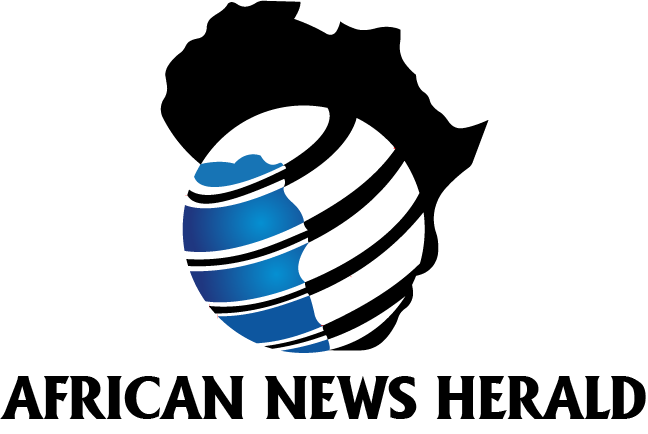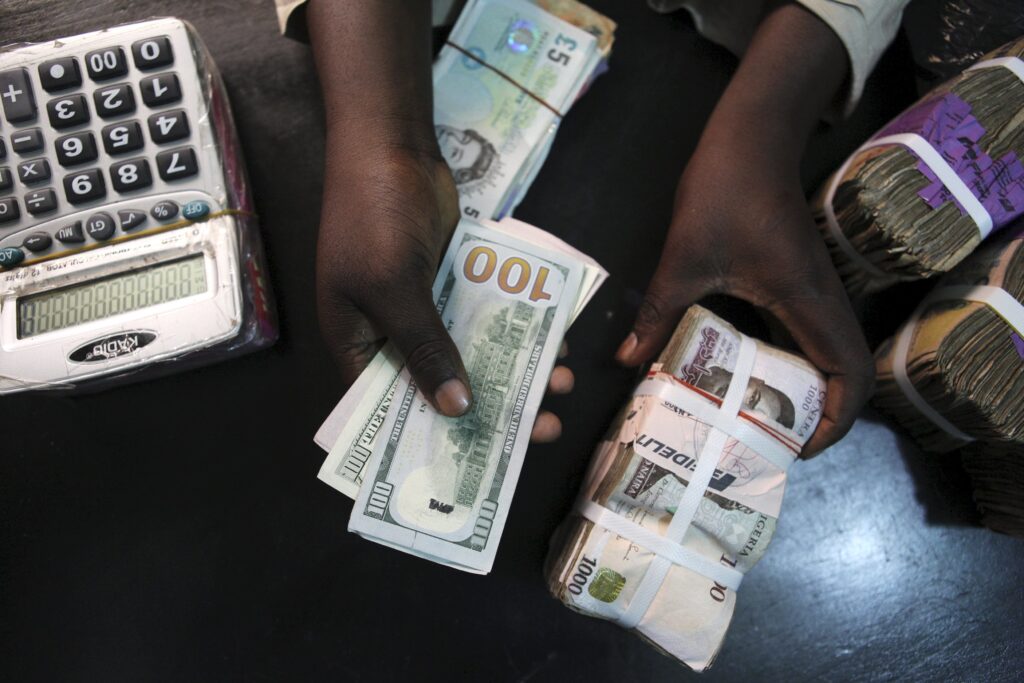Here are three big stories from Africa’s business and policy landscape you (probably) didn’t miss but should keep in mind this week:
Naira makes a dramatic recovery in March
The Nigerian Naira defied expectations and surged against the US dollar throughout March 2024. This dramatic improvement marks a significant turnaround for Nigeria’s exchange rate policy, which has grappled with instability for years.
Official data reveals an impressive 21.8% appreciation in the Naira’s value. By the end of March, the exchange rate settled at N1309/$1, a substantial increase from N1595.11/$1 at the close of February. This positive trend is attributed to a series of successful foreign exchange policies, strategies, and interventions implemented by the Central Bank of Nigeria (CBN) to strengthen the national currency.
The positive trend wasn’t confined to the official market. The parallel market, often reflecting street value, witnessed an even more pronounced recovery. The Naira appreciated a staggering 28% against the dollar in just one month, improving from N1600/$1 in February to N1250/$1 in March. This remarkable gain highlights the effectiveness of the CBN’s measures in bridging the gap between the official and unofficial currency markets.
The appreciation witnessed in both markets is the strongest recorded in over five years. Previously, the exchange rate remained fixed at roughly N450/$1 for nearly two years. This was followed by a period between 2020 and early 2021 where it hovered around N380/$1.
CBN announces significant increase in minimum capital requirements for Nigerian banks
The Central Bank of Nigeria (CBN) has implemented a major reform in the banking sector by raising the minimum capital requirements for all categories of banks. This move aims to strengthen the financial system and ensure Nigerian banks have the resources to support the nation’s growing economy.
Previously, commercial banks with international authorization only needed a minimum capital base of N50 billion. This requirement has been drastically increased to N500 billion, representing a tenfold jump. National commercial banks will also need to significantly bolster their capital base, from N25 billion to N200 billion, which is an eightfold increase. Regional commercial banks are not exempt, with their minimum capital base requirement rising from N10 billion to N50 billion, a fivefold increase.
The new regulations extend to merchant banks and non-interest banks as well. While the previous minimum capital base for merchant banks was not publicly available, they will now need to hold a minimum of N50 billion. Non-interest banks are subject to tiered requirements based on their authorization level. Banks with national licenses will require a minimum of N20 billion, while those with regional licenses will need N10 billion.
These new capital requirements are not merely recommendations. They come with a strict deadline. All banks have a two-year window, from April 1, 2024, to March 31, 2026, to comply with the increased thresholds. This means many banks will start to take strategic actions such as issuing new shares, merging with other institutions, or securing alternative sources of capital to meet these new requirements.
Cellulant Exits Nigerian Mobile Money Market
In a strategic shift, African fintech giant Cellulant is exiting the Nigerian mobile money market to focus on business-to-business payment solutions. This move follows the Central Bank of Nigeria’s (CBN) official revocation of Cellulant’s mobile money license in December 2023.
Cellulant clarifies that the CBN’s decision wasn’t due to any performance issues. Instead, it reflects Cellulant’s request to revoke the license in light of its evolving business focus. The CBN’s finalization of the revocation paperwork simply took some time.
Cellulant highlights that this transition has been in the works since 2021. This foresight is evident in their acquisition of a Payment Solution Service Provider (PSSP) license from the CBN, which is already operational. Notably, they renewed this license in February 2023, ensuring the continued ability to offer secure payment solutions for collections, checkouts, bill payments, and payouts to Nigerian businesses.
Founded in 2002, Cellulant has undergone a remarkable transformation. From its origins as a music streaming platform, they’ve strategically repositioned itself as a leading fintech company. Their current offerings encompass digital payments and managing a network connecting various stakeholders, including retailers, merchants, banks, mobile network operators, governments, and international development partners in 18 African countries and a reach to over 154 payment options across 34 countries.
However, it hasn’t been without hurdles. Early 2023 saw them initiate a restructuring process due to funding challenges. The company underwent three rounds of layoffs throughout the year, attributing them to strategic adjustments designed to improve operational efficiency and fuel future growth.
ICYMI: Market roundup
- Nigeria’s equities market was almost stagnant over a 5-day trading week, with the NGX All-Share Index depreciating by 0.08% to close at 104,562.06 points. The top gainers were CWG Plc. (26.05%), Morison Industries Plc. (24.82%), Juli Plc (20.74%), Sunu Assurance Nigeria Plc (17.24%), and Consolidated Hallmark Holdings Plc (16.43%). The top decliners were International Breweries plc (-14.26%), Dangote Sugar Refinery plc (-11.86%), Guniea Insurance Plc (-10.26%), N Nig, Flour Mills plc (-9.97%), and FTN Cocoa Processors plc (-9.09%),
- The naira closed the week at ₦1309.39/$1 on Friday at the investor’s and Exporters’ window.
- Brent crude closed the week at $87.00 while US West Texas Intermediate (WTI) crude closed at $83.17.
- The global cryptocurrency market cap stood at $ 2.6 trillion, as of 11 p.m. Sunday, the 31st of March. Bitcoin stood at $70,978978.7575, a 6.35%, increase over the week, Ethereum increased by 5.97% to trade at $3,637.30 and Binance coin also increased by 6.67% over the week, to trade at $607.21
- Kenyan E-Bus startup BasiGo raised $3 million worth of equity funding from CFAO Group (CFAO), one of the leading players in mobility, healthcare, consumer, and infrastructure business in Africa, owned by Toyota Tsusho Corporation in Japan.
- Eygptian edtech Sprints.ai, announced a $3 million bridge fundraising round, with investments from EdVentures and CFYE, among other investors.




